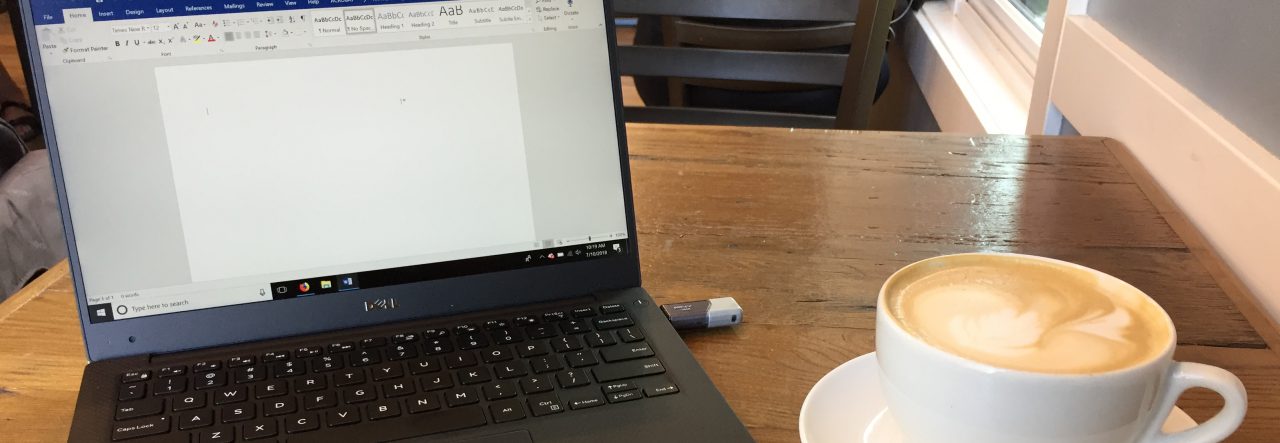You can consume or create, but you can’t do both.
I think Kevin Smith is fond of saying that. I’m sure I could look it up, but it doesn’t make the statement any less true.
I’ve found that I get in rhythms where the work comes easy – well, easy enough sometimes, but it’s still work – and then I fall off the wagon where it’s pulling teeth every time. And for me, that’s usually due to outside distractions.
For instance, right now I’m waiting for some feedback and while I wait, I’ve become almost paralyzed. I don’t want to do any writing because I’m too excited and too eager to deal with the work I sent off for scrutiny.
Now, should I be working? YES! Is anything someone says about the other work going to affect my current work? NO!
And yet, I’ve become both incredibly distracted and self-indulgent. I’ve given myself permission more to put off writing like “I deserve this” and “it’s okay.” Everyone deserves a break and a reward, don’t get me wrong. But I’ve come to recognize that’s not what this is. It’s stalling. What I really want is to work on the stuff I sent out.
Every time I decided to put off writing for some video game time or a movie or whatever, I’m not actually doing myself any favors. I’m not recharging the batteries, I’m killing time in the hopes that today will be the day I get that email. But you know what? It hasn’t been that day yet, so why would it be today? It’ll get here when it gets here.
Focus. It’s kind of important.
That’s why I’ve been writing more about my big push to really dive deep into my latest project. I mean it, but it’s also a way to trick myself back into work.
While I’m consuming, I’m not creating. For me, consuming media is like eating candy. It’s delicious and tastes good at the time, but eat too much and I feel icky. Creating media is much more substantial. That’s my well-balanced meal with all the fixings and flavor.
Taking a break is fine, but be honest with yourself.
